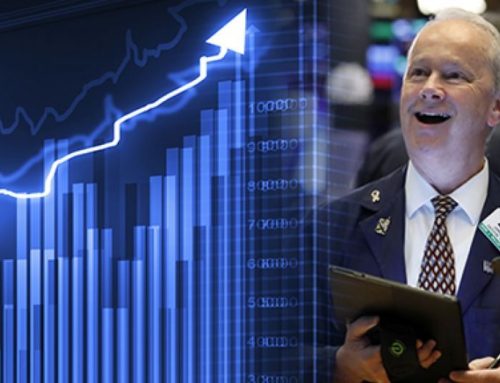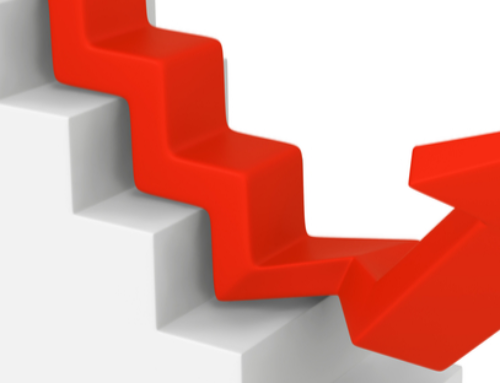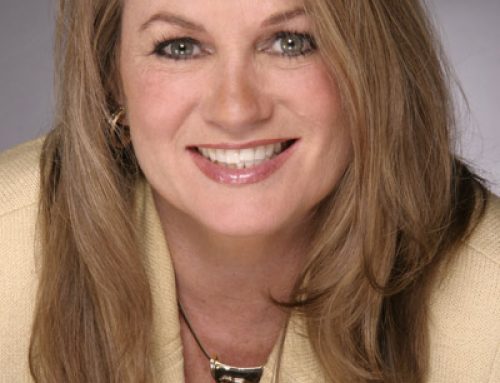 Melt-Up Continues
Melt-Up Continues
Dow 30,000…
As the Dow ratcheted past 28,000 this week, predictions multiplied for the melt-up to continue and the Dow to break 30,000. The Dow added 1.2% to finish the week at 28,004 while the S&P climbed 0.9% ending at 3120. Nasdaq also continued to run as well adding 0.8% to close the week at 8540. All this while volatility continued to decline and the VIX reported a record short position.
A small number of stocks continue to account for the lion’s share of gains. The market cap of just two stocks, Microsoft and Apple now exceed the value of the Russell 2000 index and the German stock market combined. Disney’s market cap is larger than the combined value of Europe’s largest five banks. Apple’s market capitalization is bigger than the entire U.S. energy sector.
High quality stocks continue to capture the bulk of investor’s dollars. According to Vitali Kalesnik, head of research for Europe at Research Affiliates noted in Barron’s that the strategy of buying the most profitable companies while selling the lowest profit-making stocks yielded a 40% return from September 2017 through September 2019. The ishares Edge MSCI U.S.A quality Factor ETF (exchange traded fund) is up 26.8% versus the Russell 1000’s return of 24.3%. High quality stocks are typically better able to weather downturns in the markets.
Slowing growth…
While the markets continue to climb despite slowing global growth, geopolitical tensions, domestic political fights and reduced earnings estimates, Wall Street makes the case for continued gains ahead. Doug Peta, chief U.S. investment strategist for BCA Research was quoted in a Barron’s column stating that earnings have little impact on near-term price appreciation. Monetary policy plays a far bigger role on stock prices in the short term.
Goldman’s economist, David Mericle, believes we are facing a benign economic backdrop with reduced risk in commercial real estate with slower price appreciation and better rents. He is not concerned with global debt levels rising and stated that Federal deficits in the trillions no longer raise eyebrows. The Fed has reinstated QE despite not naming it as such. The Fed has made three rate cuts so far this year and Chairman Powell stated that he finds the current economic environment “sustainable”. The odds for another rate cut into 2020 is just even money according to CME Fed Watcher.
The Fed has expanded its balance sheet by $280 billion since September. There is synchronized global easing taking place. The Fed and the ECB combined have purchased $420 billion of assets in the past six months. GDP is slowing as Q4 estimates were just reduced to 0.3-0.4% by the Atlanta Fed and NY Fed.
China’s GDP just hit a 27-year low of 6%. The country’s capital spending is weak, industrial production and profits are flat, the labor market is soft while import and exports continue to contract. The impeachment process continues but Wall Street’s only real fear is that either Elizabeth Warren or Bernie Sanders would attain the presidency. Hopes for a China trade deal in a “phase one” rollback continue to buoy the markets.
CEO’s perspective…
Chuck Robbins, CEO of Cisco Systems, voiced pessimism about the happenings in Hong Kong and China. Cisco is looked to as the bell weather for tech spending so comments from their CEO at the post-earnings conference call carry some weight. Mr. Robbins suggested that Brexit, the ongoing protests in Hong Kong as well as the global slowdown should be concerns for investors.
He went on to note that business confidence suffers when there is a lack of clarity which is the current case. The Hong Kong Humanitarian Democracy Act is on a fast-track for unanimous approval by the Senate. A similar version passed the House so this is also expected to get approved. China is not thrilled with this as riots in the streets of Hong Kong continue.
Sven Henrich of Northman Trader stated in a ZeroHedge article that a “day of reckoning” is going to take place, sooner rather than later. He believes are we are seeing a blow-off move in stocks which may continue but will not end well.
While stocks have continued to climb, Q3 earnings growth came in at negative growth rate. Factset reports that with 92% of the S&P companies having reported, earnings were -2.3%. Q4 estimates are now in the red. Total market cap to US GDP has escalated to 150%, the highest since 2000. Stocks added $6 trillion to total market cap in the face of slowing global growth and U.S. earnings.
Debt has grown at a far-faster rate than the economy. GDP has grown $7 trillion since 2007 while public debt grew by $14 trillion. Corporate debt is twice as big as it was in 2007. The bottom 90% of Americans are on the hook for this debt while just 10% of investors own 90% of stocks.
Bank of America Merrill Lynch reported that client’s buybacks continued with their sixth busiest week on record. Corporate buybacks are on pace for a 26% increase over 2018’s record numbers. Risk appetite continues to expand as Goldman reported that their “euphoria index” hit all-time highs.
Retirement insecurity…
Noble prize-winning economist, Bill Sharpe, creator of the Sharpe ratio which captures systemic risk is concerned about retiree’s ability to meet their needs. At 85, he is a senior citizen himself and has piloted a study of 100,000 retirement scenarios. Retirees face uncertainty in how long they will live as well as the market’s returns.
Balancing an ability for your money to last your entire lifetime with generating enough income to cover current expenses is a very real risk. He wrote a free e-book for investors called Retirement Income Scenario Matrixes and it is recommended reading for anyone currently in retirement or facing the prospect in the next decade.
Bill recommended some “lockboxes” of portfolios targeted for specific tranches of years in retirement. This can be a complex strategy to implement alone so he also recommends having an advisor assist you with at least sets of projections and setting up portfolios. He also noted that social security benefits are very likely to undergo a major adjustment in benefits as the trust is very small versus the current liabilities. If facing retirement, his book would be a good investment of time.
If the markets decline in some variation of the last several declines and last longer than the typical eight-month bear market, retirees and those entering retirement face the greatest risk as time is not on their side. It may be easy for your advisor to tell you “this too shall pass” and “invest for the long term” but it is a very real risk if you are relying on your portfolio to fund your retirement lifestyle.
As always, feel free to reach out to us for an analysis or second opinion on your portfolio.





Leave A Comment